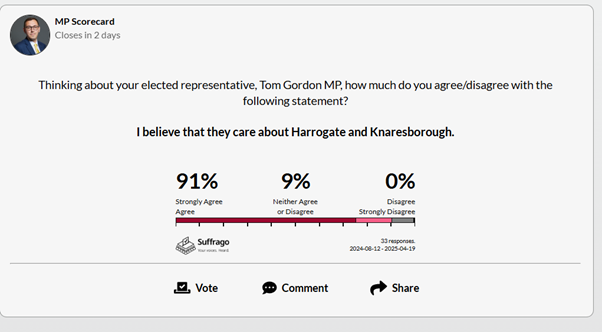As a teenager, during the summer holidays I would wash cars with my mates, for cash. Never have I felt so flush, handling all those one-pound coins. Great times. Although knocking on the doors of strangers was nerve-jangling, without question the worst part of this job was cleaning dead flies from the front of the cars. Awful. My sponge would change colour, from yellow to black, so many flies had met their end at speed.
(That reminds me, my favourite joke as a child would go: “What’s the last thing to go through a fly’s mind as it strikes the bumper of a car at 70mph?…..It’s butt!)
When not washing cars, I was more likely to be found playing football, often until quite late into the evening. During balmy summer’s evenings, the midges – those buggers! – were so numerous that they would follow a player around, buzzing into the ear, ruining the match, attracted to the sweat. Players could be seen swatting the air with rage, their enemies invisible to everyone else. If the swarms went for me, then I would surreptitiously amble over to another player, in the hope that the swarm would latch onto them instead. Those were the days.
Cycling home, you’d better close your mouth, or else you’d swallow a few. Yuck!
I miss those days.
Take a look at any car bumper today: no dead flies. Go for a walk in the evening, even near the trees: again, no swarms of midges, just the odd one or two flies, conspicuous by their scarcity. Walking across The Stray in Harrogate – genuinely – I am more likely to see a bird of prey, usually a Red Kyte, than I am a swarm of midges.
Whilst of course inextricably bound-up with climate change, the decimation of biodiversity in my lifetime (I’m 41) should lead the news, on the hour, every hour. Like a boiled frog, as a species we don’t seem to notice the extinction event before us.
As Professor Dave Goulson writes in The Guardian:
“Few people seem to realise how devastating this is, not only for human wellbeing – we need insects to pollinate our crops, recycle dung, leaves and corpses, keep the soil healthy, control pests, and much more – but for larger animals, such as birds, fish and frogs, which rely on insects for food. Wildflowers rely on them for pollination. As insects become more scarce, our world will slowly grind to a halt, for it cannot function without them.”
As to the percentage of decline, he writes:
“In 2015 I was contacted by the Krefeld Society, a group of entomologists who, since the late 1980s, had been trapping flying insects on nature reserves scattered across Germany. They had amassed insects from nearly 17,000 days of trapping across 63 sites and 27 years, a total of 53kg of insects. They sent me their data to ask for my help in preparing it for publication in a scientific journal. In the 27 years from 1989 to 2016 the overall biomass (ie weight) of insects caught in their traps fell by 75%. In midsummer, when in Europe we see the peak of insect activity, the decline was even more marked, at 82%.”
This mirrors my own estimate of the decline during my lifetime. What is your estimate?
Goulson argues that we should urgently do the following:
- Create a society which values nature, by educating the next generation.
- Greenifying our urban areas.
- Transforming food production, by reducing pesticides.
- Properly funding groups, such as Natural England.
- Improving legal protection for rare insects and habitats.
I’m no scientist, but I fear that we moved well beyond the tipping point some years ago. Whilst the political class catches up, on an individual basis, we all urgently need to do much more. I need to do much more.









